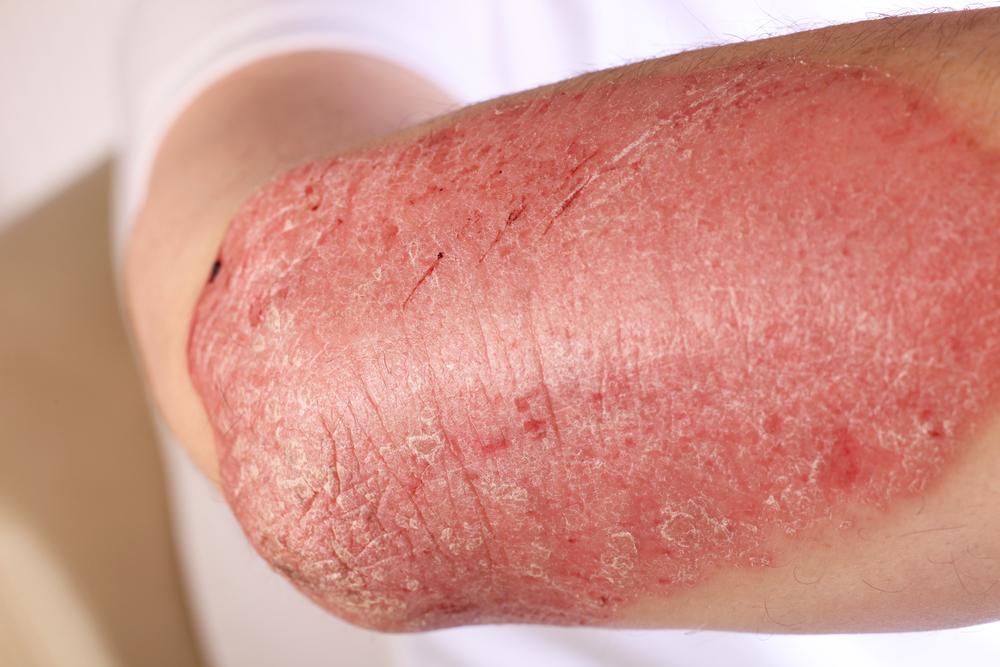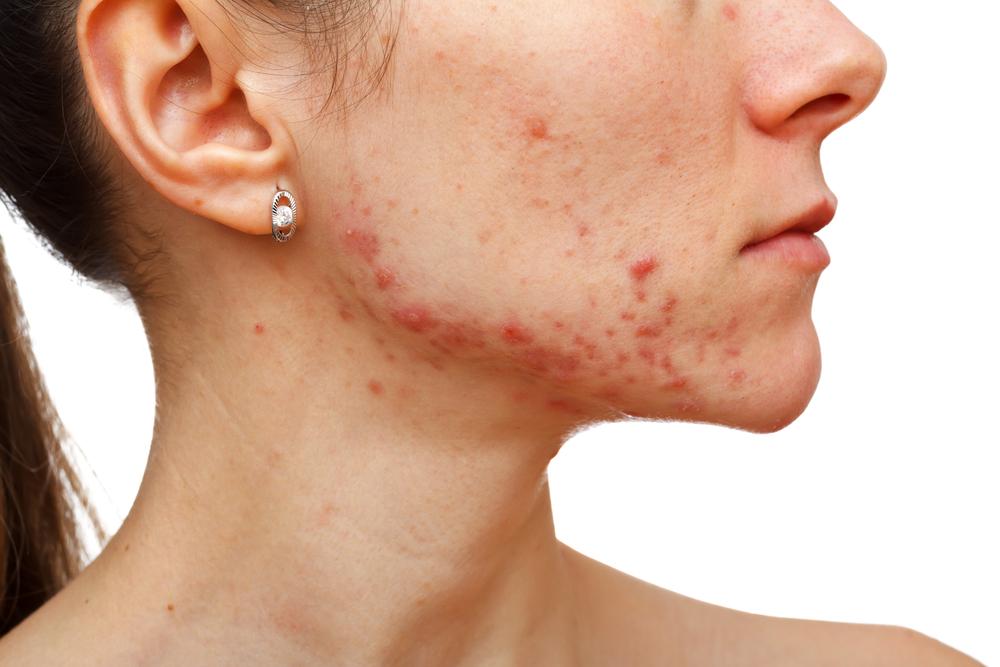Effective Natural Strategies to Relieve Eczema-Related Skin Inflammation at Home
Discover comprehensive natural strategies to manage eczema-related skin inflammation effectively at home. This guide includes remedies like moisturizing, bathing, and natural oils to soothe irritated skin, prevent flare-ups, and improve overall skin health. Suitable for those seeking alternative care, these tips help control symptoms and enhance skin resilience through consistent care and lifestyle adjustments.

Comprehensive Natural Approaches to Reduce Eczema-Induced Skin Inflammation
Eczema, a prevalent skin condition, affects millions worldwide and is characterized by persistent itching, redness, dryness, and inflammation. This common dermatological issue often presents with cracked skin, blisters, and discomfort, significantly impacting quality of life. In the United States alone, a considerable segment of the population suffers from various forms of eczema, with atopic dermatitis being the most widespread, especially among children and adolescents. This chronic condition is frequently linked to genetic predisposition and environmental factors, making management essential for those affected.
Although eczema often begins in infancy, many children outgrow it by their early teens. However, some individuals experience lifelong symptoms that require ongoing care. While the exact cause of eczema remains elusive—believed to involve a complex interplay of genetic, immunological, and environmental factors—there is no definitive cure currently available. Despite this, symptoms can be effectively managed through personalized treatment plans, lifestyle modifications, and natural remedies aimed at reducing inflammation and restoring skin health.
Healthcare professionals typically advise tailored approaches, taking into account age, severity, triggers, and overall health. Home remedies, in particular, can be a vital part of eczema management, promoting skin hydration, calming inflammation, and preventing flare-ups. Here is an extensive list of natural strategies that can be implemented at home:
Warm baths with added soothing agents help relax skin and reduce itching
Applying moisturizers immediately after bathing to lock in hydration
Using gentle, fragrance-free moisturizers daily on affected areas
Wearing soft, breathable fabrics like cotton to minimize irritation
Avoiding tight or rough clothing that could cause friction
Choosing mild, soap-free cleansers during skin cleaning routines
Towel-drying skin with a patting motion after bathing, using cool air or a soft towel to prevent further irritation
Identifying common triggers such as pollen, dust, extreme temperatures, or sweat, and taking steps to avoid them
Keeping fingernails short to prevent skin damage from scratching during flare-ups
Since eczema often diminishes the skin's natural oils, the skin tends to become dry, rough, and more susceptible to bacterial infections and environmental irritants. Incorporating natural remedies into daily routines can help replenish moisture and dampen inflammation:
Coconut oil: Rich in fatty acids, coconut oil deeply penetrates the skin, providing a protective barrier against dryness. Regular application helps restore hydration and heals cracked skin.
Honey: Known for its antimicrobial, anti-inflammatory, and healing properties, honey can be applied topically. A thin layer left on affected skin for 15-20 minutes before rinsing off can accelerate healing and reduce infection risk.
Jojoba oil: This liquid wax mimics the skin’s natural sebum, offering excellent moisturizing effects while calming inflammation. Applying jojoba oil thrice daily can significantly improve skin softness and reduce irritation.
Oatmeal baths: Colloidal oatmeal provides a soothing effect, alleviating itching and inflammation. Soaking in an oatmeal-infused bath for 10-15 minutes offers relief and helps restore the skin’s barrier.
Cornstarch and olive oil paste: Combining cornstarch with olive oil creates a gentle, moisturizing paste that soothes inflamed skin, making it easier to manage flare-ups.
While these natural remedies are effective in controlling eczema symptoms, they do not provide a permanent cure. Consistent skin care practices, especially post-flare, are crucial to preventing future outbreaks and maintaining healthy, resilient skin. Alongside natural methods, adopting a lifestyle that minimizes exposure to known triggers, managing stress, and maintaining a balanced diet can further support skin health.
Patients should stay vigilant and consult healthcare professionals for personalized treatment plans, especially for severe or persistent eczema. Proper skin care, environmental management, and natural therapies collectively contribute to quality life and better skin condition for eczema sufferers.





